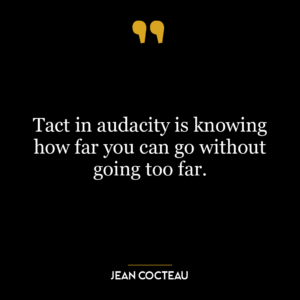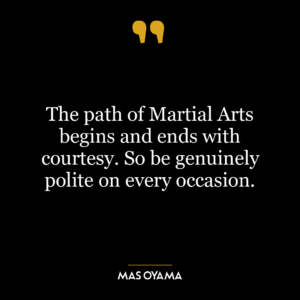This quote essentially means that strength on its own can be powerful, but when it is combined with self-control (restraint) and politeness (courtesy), it becomes an unstoppable force. Strength here does not just refer to physical power, but also to mental and emotional strength. Restraint and courtesy, in this context, refer to the ability to control one’s impulses and the ability to treat others with respect and kindness, respectively.
The combination of these qualities creates a unique type of strength that is not only powerful but also respected and admired by others. It’s a strength that doesn’t intimidate or oppress, but rather inspires and influences. It’s a strength that is not just about achieving personal goals, but also about helping others and making a positive impact in the world.
In today’s world, this idea is more relevant than ever. In a society that often values aggression and dominance, the quote reminds us of the importance of kindness and respect. It suggests that true strength isn’t about overpowering others, but about showing restraint and treating others with courtesy. It’s about being strong enough to control our impulses, to resist the temptation to use our strength in harmful ways, and to use our power to help and uplift others instead.
In terms of personal development, this quote could be seen as a guide for how to cultivate and use our personal strengths. It suggests that we should strive to develop not just physical or intellectual strength, but also emotional and moral strength. It encourages us to practice self-control, to treat others with respect and kindness, and to use our strengths in ways that are beneficial to others as well as ourselves. It reminds us that true strength is not just about what we can do, but also about who we are and how we treat others.







